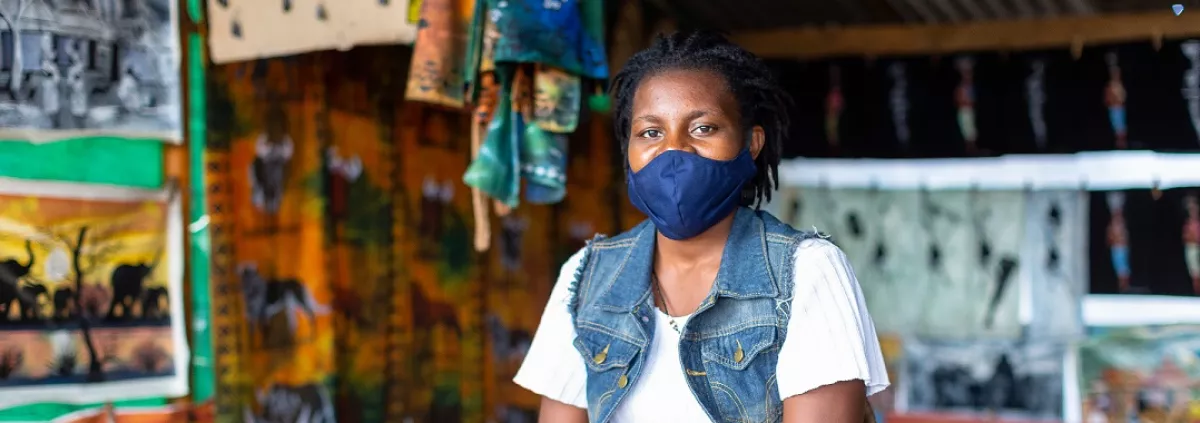The following guiding questions are aligned to each of the three main Leadership Dialogues planned for the Stockholm+50 meeting and will be integrated into the overall consultation agenda and report. Please refer to the question number in your comment.
|
LD2: Achieving a sustainable and inclusive recovery from the coronavirus disease (COVID-19) pandemic:
- What are the most promising sustainable and inclusive recovery practices currently being applied by public, private and civil society groups at individual, community, city, regional, country level? And how could we scale them up?
- What recovery and pre-existing practises need to be changed to ensure an inclusive and sustainable recovery?
- How do we ensure that all countries/communities can benefit from opportunities stemming from a sustainable and just transition?
- How can we create better performing industries and supply chains for a just transition to more sustainable economies? which sectors are most critical?
- What are some of the commitments and “responsible” principles that need to be made by key industry sectors and by finance and investment institutions?
- What are the decent green jobs of the future? What are the new skills needed, what is needed from business? from government? from academia?
|
